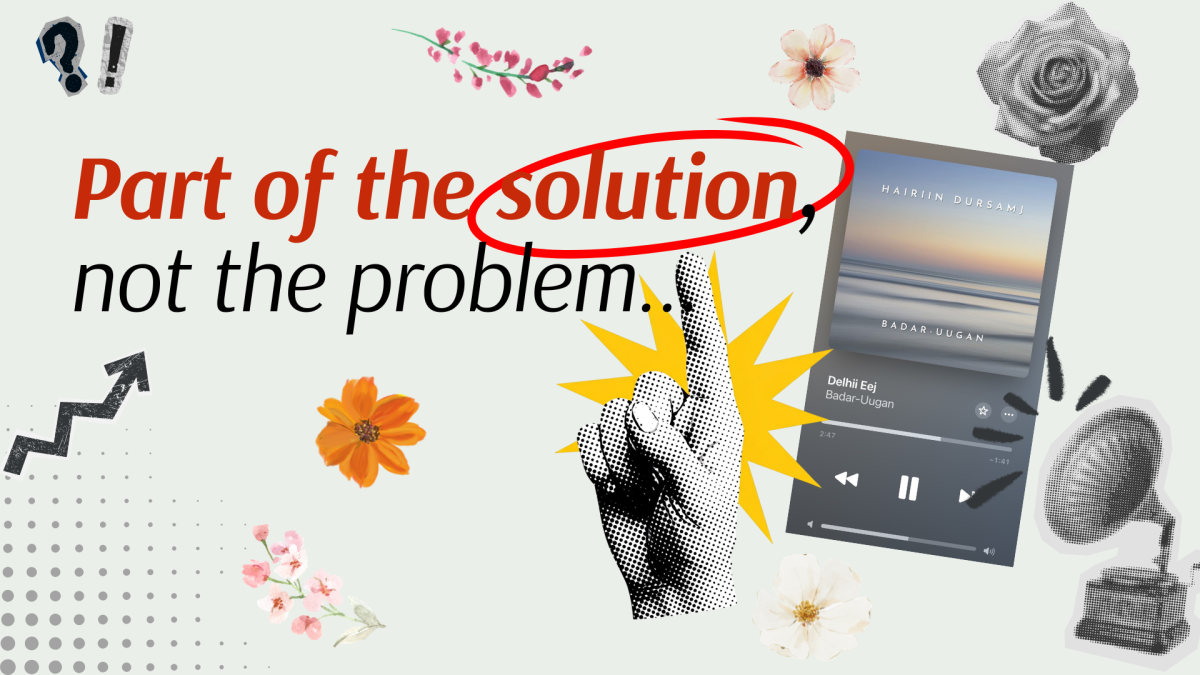Greening the future: How young Mongolians are leading the circular economy movement
Published: Jul 31, 2025 Reading time: 3 minutes Share: Share an articleAs the climate crisis accelerates, we need environmentally conscious production, and consumption more than ever. In Mongolia, where challenges like limited access to raw materials and regulatory hurdles persist, a new generation is taking the reins. Through the European Union-funded Switching on the Green Economy project (SOGE), young people across the country are being empowered to adopt and advocate for sustainable lifestyles, green purchasing, and circular economic practices.

Globally, young consumers are proving to be key drivers of sustainability. The World Economic Forum has recognised that people in the 18–35 age group are vital to the shift toward a circular economy. One example supporting this is a 2021 study by PwC, which showed that 60% of people aged 18 to 34 are willing to pay more for environmentally friendly products. This highlights the rapidly growing trend of responsible consumption.
This global trend is taking root in Mongolia as well. Surveys conducted among over 200 young people in Ulaanbaatar, Erdenet, and Selenge provinces revealed that many are willing to pay slightly higher prices for eco-labelled products to help protect the environment. The motivation behind this isn’t driven by fashion or peer pressure—it’s based on a strong sense of personal and social responsibility.
Yet, while the appetite for sustainable consumption is growing, there are obstacles. Mongolia currently lacks widespread policies and systems to support eco-labelled goods and services. Many young consumers are unaware of how to identify environmentally friendly products, nor are they familiar with the benefits of a circular economy.
The SOGE project has worked closely with the Ministry of Environment and Climate Change, updating and approving five key international eco-labelling standards. This effort is helping create a more supportive legal and regulatory environment for green production in Mongolia.
Behaviour change plays a crucial role in ensuring these efforts are sustainable. That’s why the project is also running a Social Behaviour Change campaign aimed at raising awareness about green consumption and circular economy principles. By engaging communities and providing targeted education, the campaign supports young people to become changemakers in their own right—within their households, schools, and workplaces.
International examples reinforce the idea that sustainable choices also make economic sense. In the United States, the Sustainable Brands initiative saw companies increase sales by 30% through campaigns that encouraged green consumer habits. This demonstrates that investing in environmentally responsible practices can pay off—not only for the planet but for businesses, too.
The European Union’s SWITCH-Asia Programme funds SOGE; it is helping Mongolia take its first critical steps towards a more circular and sustainable economy. By equipping young people with the tools, knowledge, and confidence to make informed decisions, the project is planting the seeds for long-term change.
Change is already underway, led by the very generation that holds the power to shape the future. Through green education, community engagement, and stronger policy foundations, Mongolia’s youth are not just preparing for tomorrow—they’re transforming it.
Written by:
Nomun-Erdem Badral (Senior Project Officer, PIN)
Purevbat Bolorchuluun (Communications Officer, PIN)



